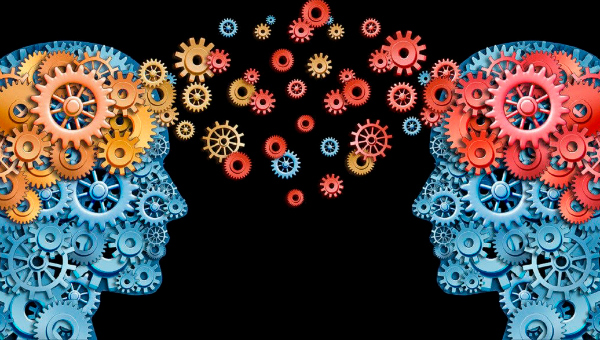
By Russ Levanway, CEO
Not too long ago we hosted a staff retreat and had everyone complete a Worktraits profile that uncovered the nature of her or his convictions and personalities. Afterward, we learned what it means for some of us to be highly disciplined, ambitious or compassionate, etc.
One lesson I learned during our retreat was that because people have different personalities, they speak different languages. In a work environment, the way you relate to people can be very different from one personality to the next.
For instance, if you expect certain things but not others, and automatically assume everybody has the same level or lack of expectation, you won’t be on the same wavelength. I’ll give you a very specific example from my own life.
Know Thyself & Know Others
There’s a certain character trait that involves getting positive affirmation, recognition, being called-out publicly and being told how awesome you are. I’ve always tested very low for this trait, meaning, those things aren’t of high importance to me. That doesn’t mean I don’t appreciate a compliment, but I certainly don’t seek them out. This has caused me trouble over the years.
Recognition and sincere compliments are a great motivator for many people, and it’s discouraging for most people to not be recognized for their work. I’ve had to learn that just because it’s not as critical to my identity (sense of purpose and accomplishment in work) doesn’t mean that it’s not for others. Therefore I have to be intentional about complimenting, recognizing and singling out my colleagues and staff to make sure everyone knows when she or he are doing good work.
This is the value of personality testing/profiling at work. You gain a greater self-awareness as well as getting a glimpse into what drives your teammates and staff. By recognizing the nature of a person’s personality and method of communication, you can step out of your comfort zone a little bit to meet them on their playing field. And when you do, your communication will become stronger, better.
Workplace Filters
Here is another takeaway: While we all have natural personalities and predispositions (established early in life which usually don’t change substantially over time according to research); we also have filters – a layer of modified (learned, developed, and intentional) behavior we may overlay over our natural personalities.
In times of stress, people’s natural tendencies come to the surface, and many default to the proclivities of their personality. Chances are you’ve seen this before: a team is doing well, relationships with clients are thriving, but then a high-pressure situation happens and everyone’s filters weaken under the stress. The more extreme the pressure, the more likely people will default to their natural proclivity. People are so focused on the issues at hand, and they are taking so much energy, that there isn’t much left for their filters.
With some understanding of people’s personalities and filters, it’s easier to identify problems with team communication. Overall, this is highly associated with a positive and productive work environment and culture. For individual members of the team, it’s a fantastic opportunity to understand more about how they “tick”, to identify areas of development, and to have tools to create healthy interactions with co-workers.
Russ’s monthly column and other insights from our leadership delivered straight to your inbox >> sign up at ciosolutions.com